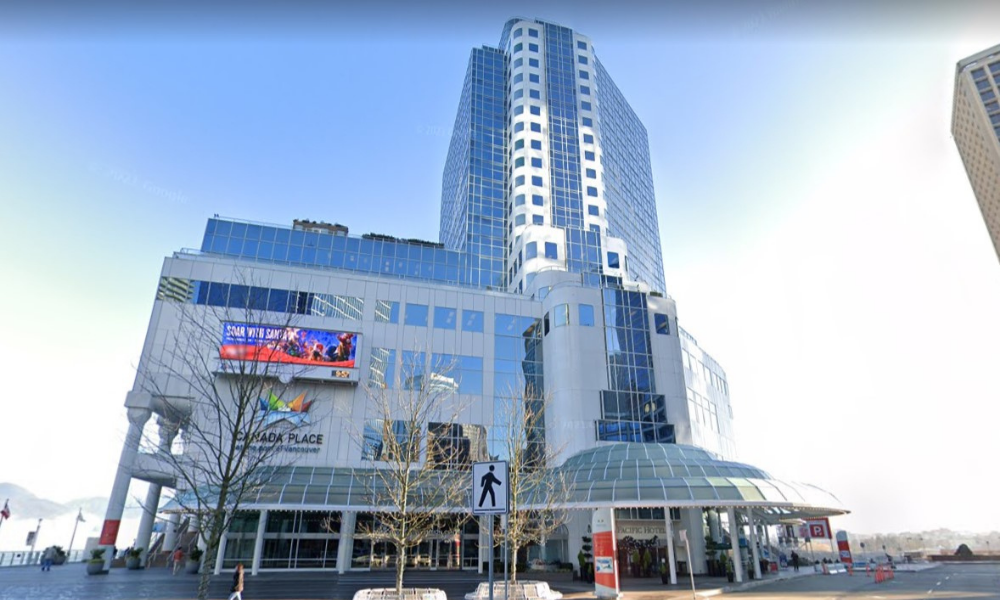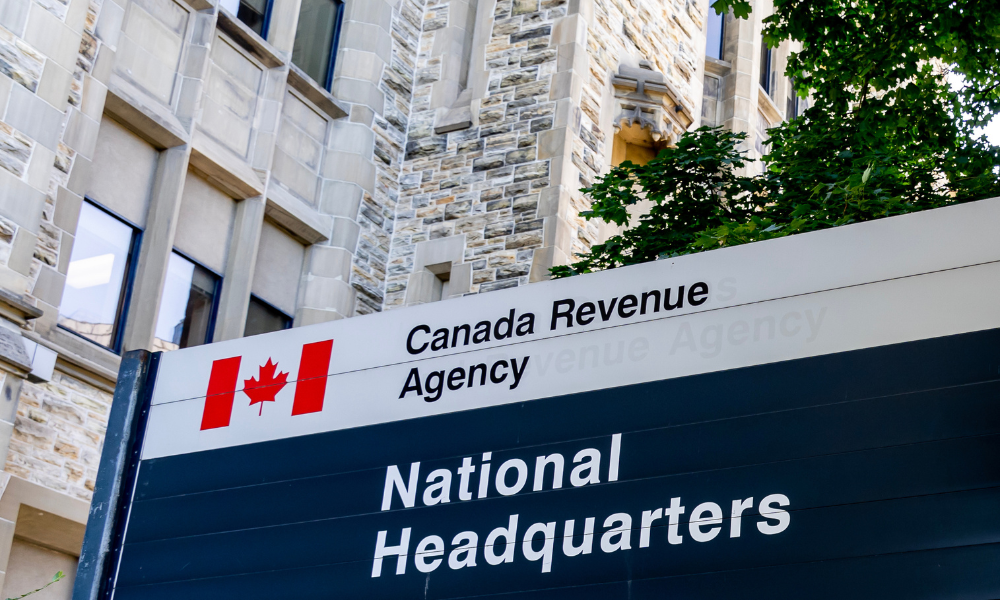Workers at B.C. hotel claim wrongful dismissal, breach of group termination provisions

A Supreme Court judge in British Columbia has certified a class-action lawsuit filed against Pan Pacific Vancouver alleging that workers were wrongfully fired by their employer during the pandemic.
The suit was filed by a former concierge, Romuel Escobar, who worked at the hotel for 24 years before being terminated in August.
“The court’s decision to allow the lawsuit to proceed as a class action sends a strong message to hotel employers: misleading your long-term workforce for months before mass firing them could lead to financial consequences,” says Zailda Chan, president of UNITE HERE Local 40. “That’s why this development is a positive step forward for nearly 100 terminated workers at the Pan Pacific who deserve much better treatment from their employer during COVID.”
Early in the pandemic, hotel management announced plans to reduce staff from 450 workers to 80 and to dismiss the rest. But instead of informing members about the impending dismissals, the company sent workers messages of false hope and suggested they intended to bring their long-term staff back, according to UNITE HERE Local 40.
Escobar alleges that he and all hourly employees were terminated without notice and with inadequate compensation, including group termination benefits required by the Employment Standards Act. He is claiming wrongful dismissal, breach of the duty of good faith and honest performance in contract, unjust enrichment pertaining to the unpaid group Employment Standards Act termination benefits, punitive damages and pre- and post-judgment interest.
In November, the B.C. Supreme Court ruled that a British Columbia worker who was temporarily laid off during the pandemic was entitled to 11 months’ notice of termination.
Class action certified
Judge Sharon Matthews certified the claim as a class proceeding and appointed Escobar as representative plaintiff for all regular hourly employees of Pan Pacific as of Feb. 20, 2020, excluding on-call or casual employees, whose shifts were cancelled by the employer on or after that date, whether or not they were issued formal notice of termination.
In making her decision, Matthews said the common issues are:
- Did the hotel fundamentally change a term of the workers’ contracts by cancelling their hours due to the impact of the COVID-19 pandemic?
- Are the workers’ notice entitlements increased because of the lack of alternative employment available to them due to the impact of the COVID-19 pandemic on the hospitality sector and the labour market more generally?
- Did the employer intentionally mislead class members about their prospects for ongoing employment with it?
- If so, did that conduct amount to a breach of the hotel’s duty of good faith and honest performance toward the employees?
- If so, are the workers entitled to damages compensating them for lost earnings during the period when the employer dishonestly misled them into believing they would return to active employment with it (i.e., during which employees could have sought new work)?
- Was the hotel’s conduct high-handed, malicious, arbitrary, or reprehensible such that punitive damages are warranted?
- If so, and if the aggregate compensatory damages awarded to employees does not achieve the objectives of retribution, deterrence and denunciation in respect of such conduct, what is the appropriate quantum of punitive damages in this case?
- If the answer to common issue 6 is yes, and for consideration once all other common issues have been decided, can an aggregate award pursuant to s. 29 of the Class Proceedings Act be made as regards punitive damages?
Should the effects of the COVID-19 pandemic on an employee’s job search affect a terminated employee’s reasonable notice entitlement? When looking at wrongful dismissal decisions that have been released during the pandemic, it comes down to timing, says Barry Fisher, an employment law mediator in Toronto.
At the height of the crisis, nearly half (49 per cent) of Canadian workers said COVID-19 had affected their employment, and half of them had lost their job temporarily (40 per cent) or permanently (11 per cent), according to a previous report.




